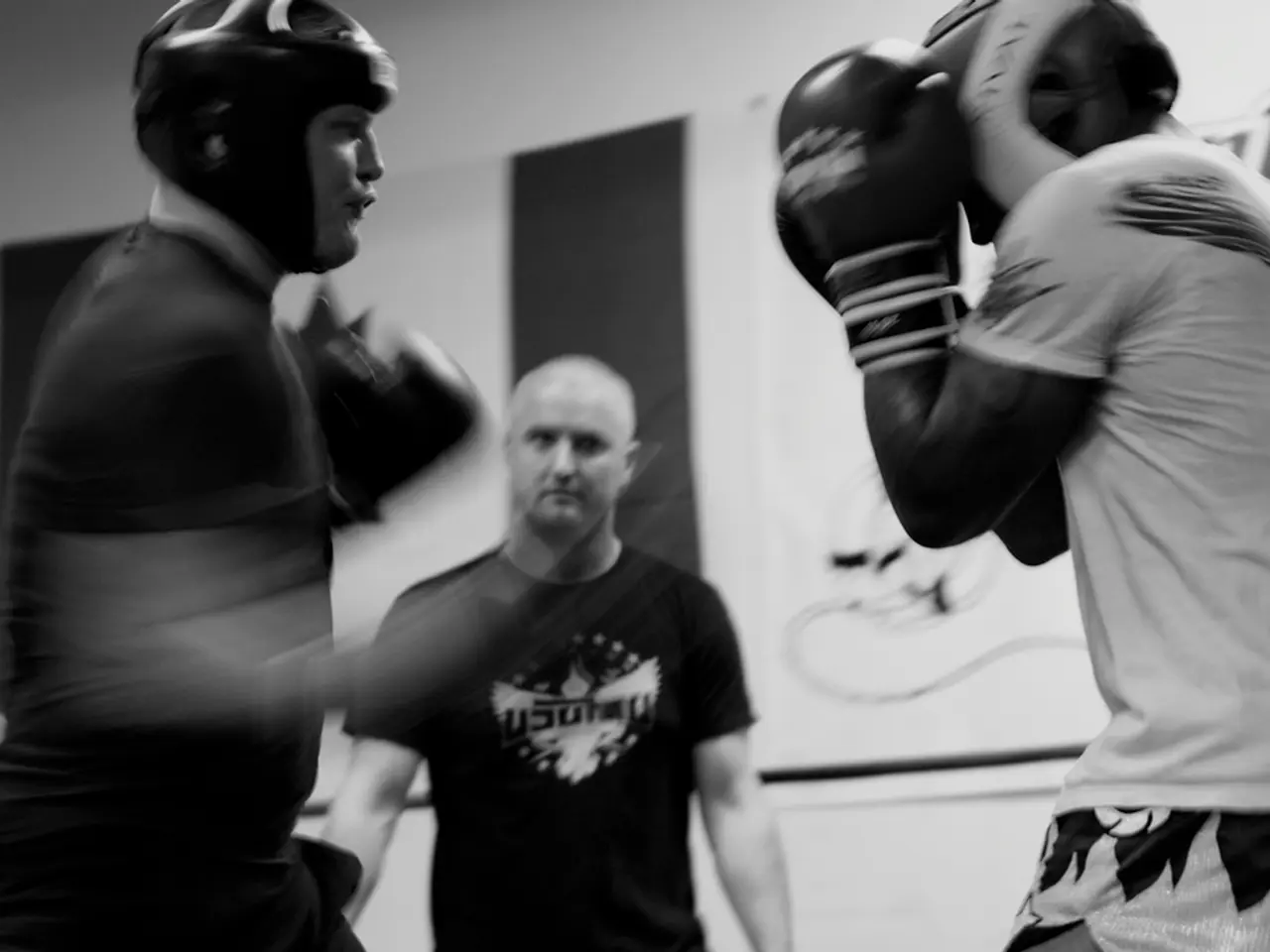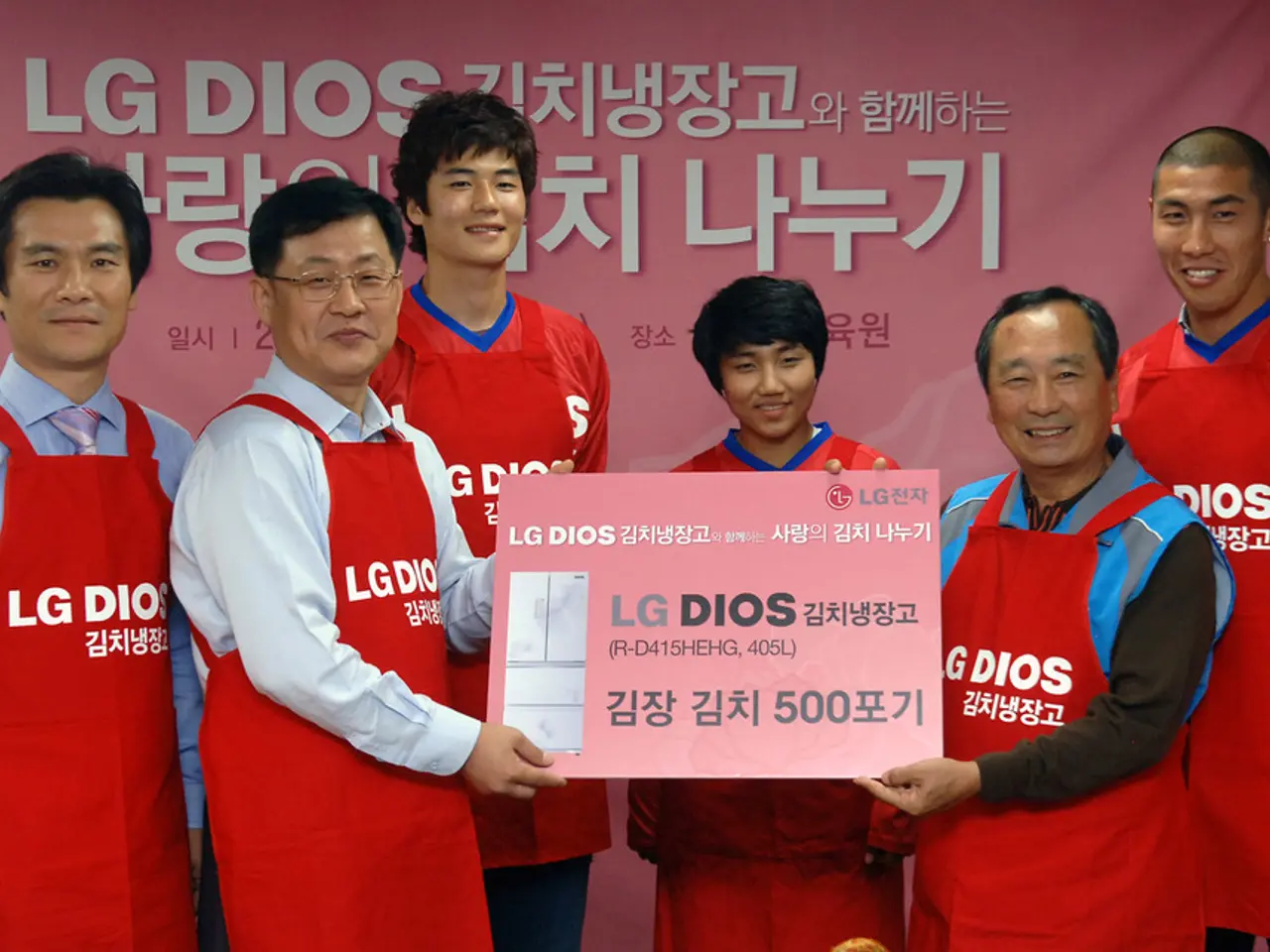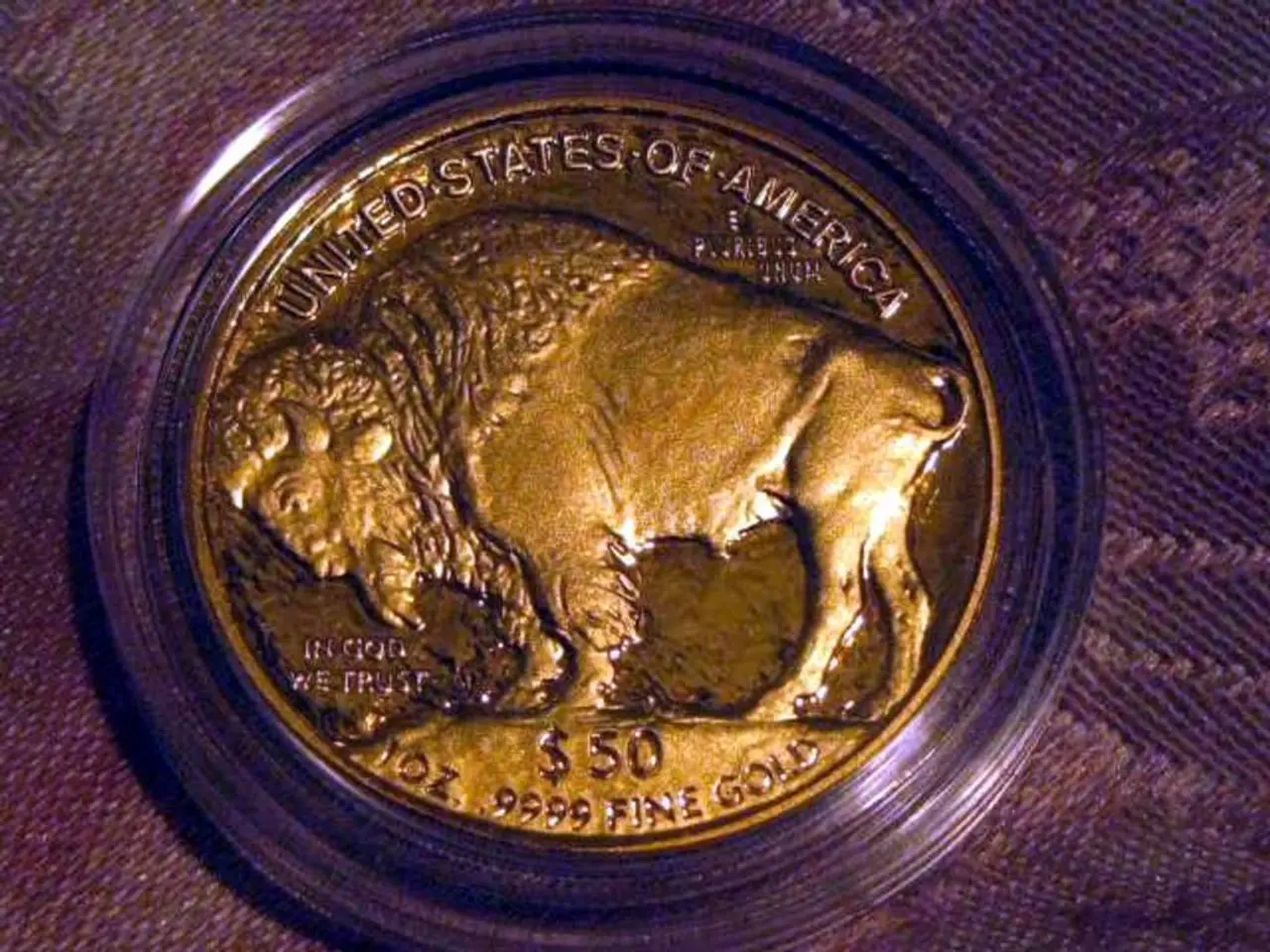Implications of the UFC's Antitrust Lawsuit
In a landmark decision, the UFC class-action lawsuit, known as Le v. Zuffa, LLC, resulted in a historic $375 million settlement in June 2025. This antitrust case, which addressed allegations that UFC used its dominant market position to suppress fighter pay and restrict opportunities for athletes to negotiate better contracts with rival promotions, has far-reaching implications for the sports industry.
The settlement saw over 97% participation from approximately 1,100 eligible fighters, representing 99% of the total compensation earned during the period from December 16, 2010, to June 30, 2017. The average payout was around $250,000 per fighter, with many former UFC fighters receiving life-changing sums.
This settlement could set a significant precedent for pay and working conditions for athletes across various sports industries. It highlights and addresses anticompetitive practices and exploitation in athlete compensation, empowering athletes in other sports to pursue legal and organizational reforms to improve wages, contract negotiations, and labor rights.
The UFC lawsuit victory not only provides substantial financial restitution to affected fighters but also signals a possible shift toward greater equity and transparency in athlete compensation across sports. Governing bodies and promotions are encouraged to reevaluate athlete pay structures and provide fairer compensation in light of the newfound legal scrutiny and public attention.
The lawsuit involves about 1,200 fighters who were active between 2010 and 2017, accusing UFC of using illegal tactics to drive down their pay. The case centers on whether UFC exploited its alleged dominance in the MMA industry to limit access for rival MMA promoters to top-level athletes.
The win for UFC athletes could spur athletes, particularly independent contractors, to demand more control over when and how they compete, as well as how their image and career are promoted. The plaintiffs argue that UFC is a monopsony that uses unfavorable contracts and non-poach and noncompete clauses to pay athletes under market value.
UFC will argue that it has expanded opportunities for MMA fighters by making significant investments, including lobbying to authorize fights and insuring the fighters. The case could have wide-ranging implications for various athletic arrangements in the future, potentially leading to a shift in negotiating power away from promotion firms in favor of athletes.
Meanwhile, the global competition for top MMA talent is increasing, with entities like Saudi Arabia investing in UFC's rivals. The LIV Golf league, funded by Saudi Arabia, has enticed top golfers away from the PGA tour with enormous contracts. This rise of sports gambling has led major American sports leagues to collaborate on sponsorship deals with gambling companies, with sports gambling revenue in the U.S. reaching $7.5 billion in 2022.
However, the UFC antitrust litigation could result in additional lawsuits against other sports leagues. In January 2024, a $1.6 billion class-action lawsuit against UFC was cleared to proceed. There will continue to be pressure on successful companies to share a greater percentage of the pie with actors, entertainers, fighters, and athletes of all kinds.
The trial could negatively impact TKO Group, a recent merger between UFC and WWE. NASCAR is currently facing similar allegations, indicating a growing trend of athletes challenging the status quo in sports compensation. As these cases unfold, it is clear that the sports landscape is undergoing significant changes, with a renewed focus on fairness and transparency for athletes.
- The UFC settlement, a landmark decision in the sports industry, could inspire athletes across various industries, like finance and business, to invest in legal and organizational reforms for improved working conditions and wages.
- In light of the UFC lawsuit victory, governing bodies and promotions in the sports-analysis field may be motivated to re-evaluate their pay structures and provide fairer compensations to athletes in response to the newfound legal scrutiny and public attention.
- As major sports leagues, such as UFC and NASCAR, face increasing pressure to share a larger percentage of their revenue with athletes, there may be a significant shift in negotiating power away from promotions towards athletes, mirroring trends observed in other industries like finance and business.




